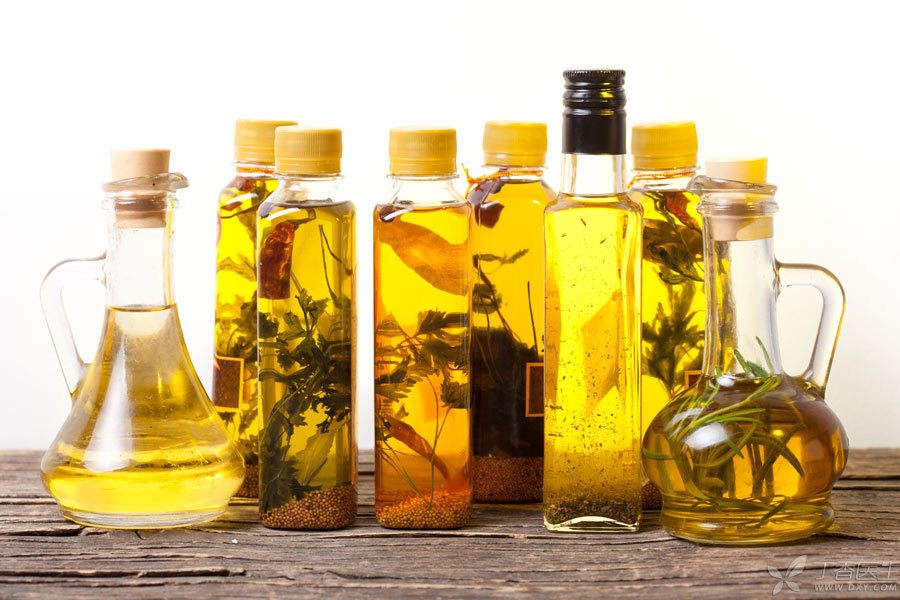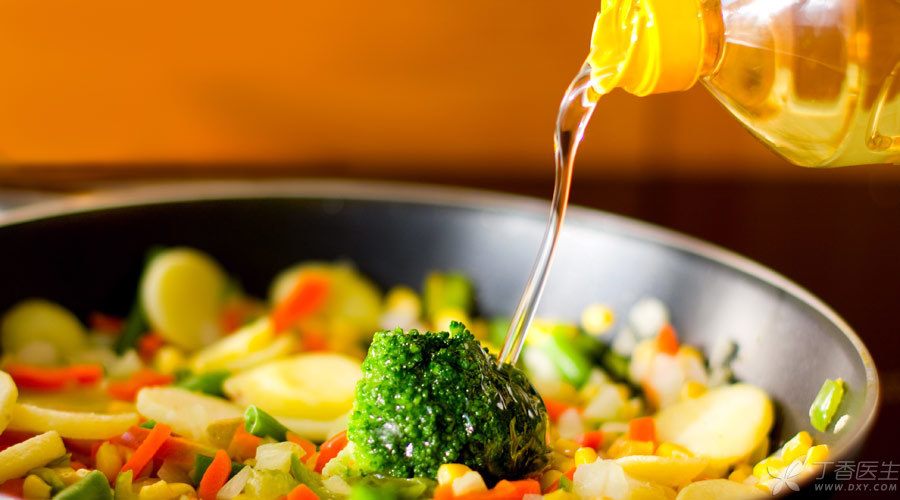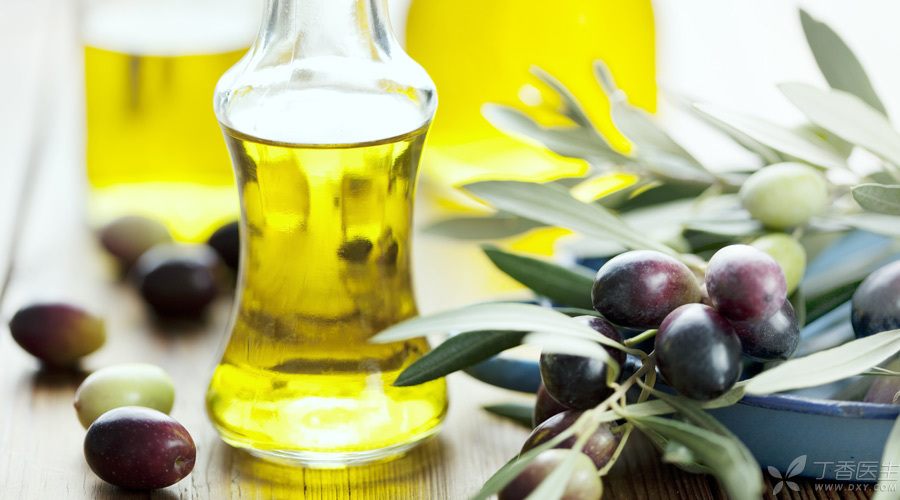
Fat is an important source of calories, providing continuous power for babies. It is also an important nutrient to meet the needs of baby’s growth and development.
Fat-soluble vitamins such as vitamin A and vitamin D must be absorbed and utilized by babies, which shows that the importance of oil is self-evident.
Does the baby need oil during the supplementary food period?

Starting from 6 months old, the baby can start to eat supplementary foods. The period from the beginning of adding supplementary foods to the age of 1 is called the supplementary feeding period.
Within one year old, milk is the baby’s main food and one of the main sources of fat.
Ensure that the baby takes 600 ~ 800ml of breast milk or formula milk every day. In addition, reasonable addition of supplementary foods, 1 egg and 50g of meat, poultry and fish every day can ensure that the baby has sufficient fat intake and does not need to eat oil specially.
If the baby is mainly based on plant food, an additional 5 ~ 10g of edible oil needs to be added every day.
How do babies eat oil after one year old?

After one year old, as the baby grows older, the baby is gradually not satisfied with the taste of [steamed water boiling]. Mothers will have to change their cooking methods at this time.
It should be noted that edible oil should be added according to the cooking method, with less or no frying or frying, and never eat it for the sake of eating oil.
Babies aged 2-3 are recommended to consume 15-20g of oil per day, and babies aged 4-5 are recommended to consume 20-25g of oil per day.
Of course, these recommended edible oil intake should still be adjusted according to the situation of their babies, taking into account the food source, activity amount, weight, etc.
Which oil is most suitable for babies?

Vegetable oil rich in-linolenic acid is recommended as the first choice for babies to introduce edible oil at the beginning.
-Linolenic acid is called essential fatty acid and can also be converted into DHA in the body. Needless to say, DHA is beneficial to what of babies.
1. Flaxseed oil and perilla oil
Flaxseed oil and perilla oil have high-linolenic acid content. However, both edible oils have special smell, which is not acceptable to all babies.
Moreover, the prices of these two kinds of oils are relatively expensive, which are only suitable for cold mixing but not frying, so they are not the first choice for babies.
2. Walnut oil
The content of walnut oil-linolenic acid is about 10% ~ 14%, which is lower than perilla oil and linseed oil, but higher than soybean oil.
Walnut oil tastes light and has no special smell, which is easy for babies to accept. Of course, the price is also slightly higher. If the economic ability is still acceptable, it is a good choice as baby oil.
3. Other vegetable oils such as soybean oil and corn oil
Vegetable oil rich in-linolenic acid is only the first choice for babies to introduce edible oil at the beginning, not necessary.
Soybean oil, corn oil, peanut oil, etc. can also meet the baby’s need for fat. DHA intake can be obtained through DHA-rich foods or DHA supplements.
Olive oil, rapeseed oil and camellia oil are beneficial to adults to reduce blood lipid, but babies do not need to reduce blood lipid, so they are not recommended as long-term oils for babies.
Precautions for Baby to Eat Oil

1. Butter, lard and cream are not recommended.
These three oils are mainly saturated fat, and unsaturated fat is more important for babies. Margarine contains hydrogenated vegetable oil, and all people should eat less or no.
2. Don’t add too much oil to the supplementary food.
Excessive intake of fat can easily cause diarrhea caused by poor digestion and absorption of babies.
3. Eat different kinds of edible oils together.
The most important thing for babies is to provide fat with edible oil. Don’t be superstitious about certain oils, and don’t think the more expensive the better.
Change the type of cooking oil regularly and choose the appropriate oil according to different cooking methods. For example, soybean oil, corn oil, peanut oil, sunflower oil and rapeseed oil are suitable for frying. Olive oil, walnut oil, linseed oil and sesame oil are suitable for cold mixing.
Reasonable collocation of different types of edible oils is the scientific and economical choice of oil.
